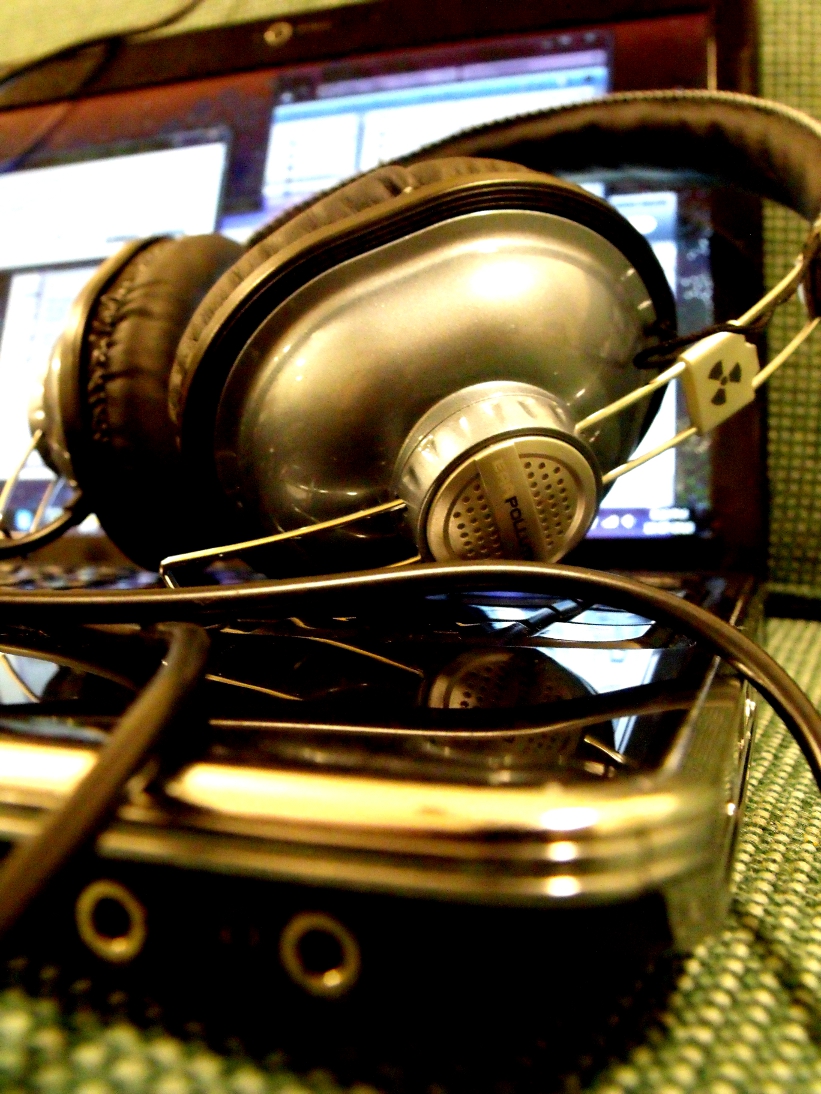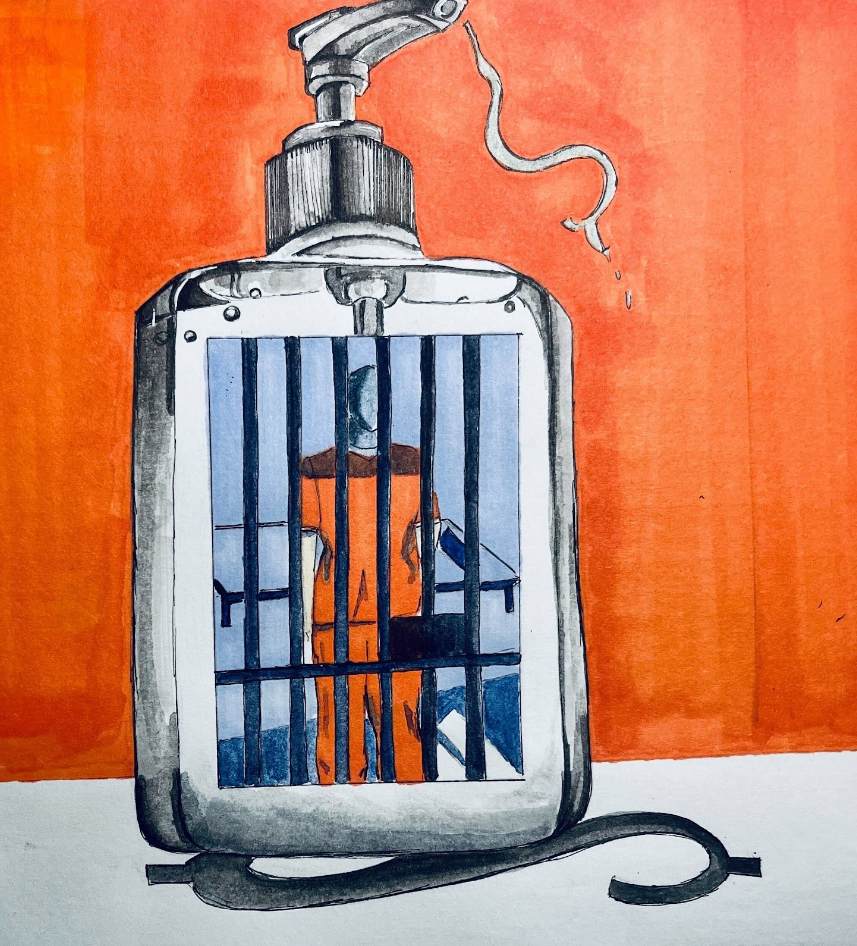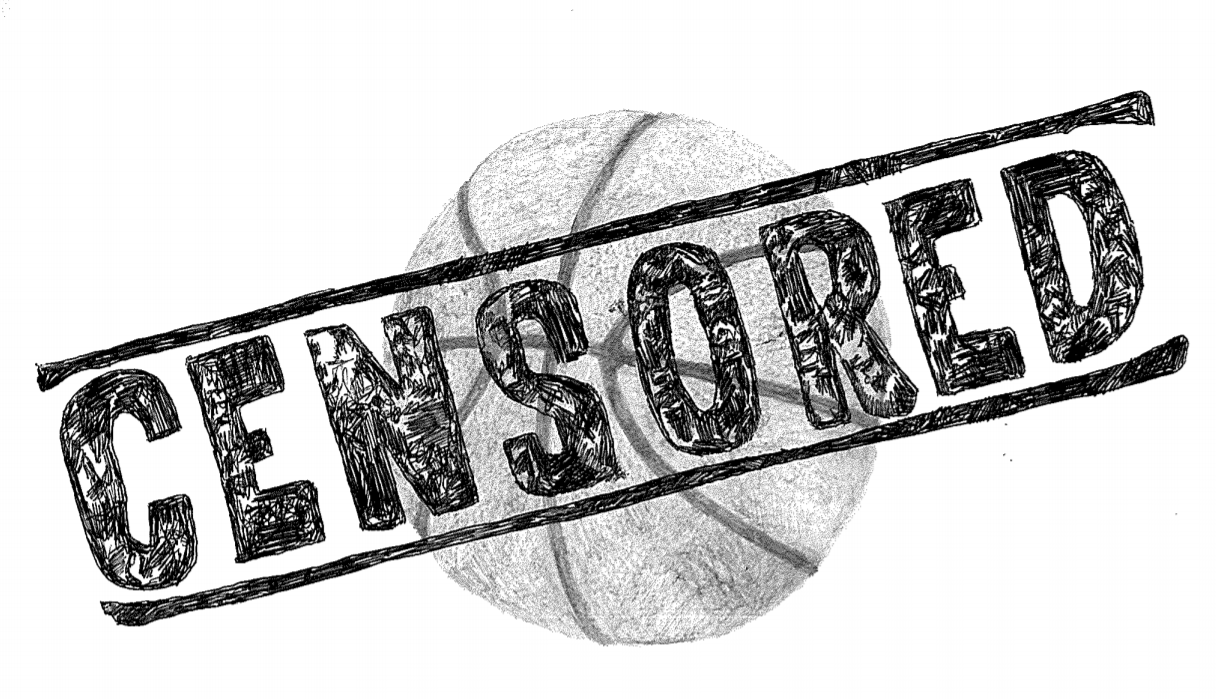When a person hears the word “pirate,” what is the first image to come to mind? Is it a swarthy, unkempt scalawag with a parrot on his shoulder and cutlass at his hip? Maybe it is that of a rugged individual searching for the treasure of a lifetime. Others might even say it is Johnny Depp embarking on a wild adventure with wacky hijinks. Certainly, few thinks of the lowly computer geek, sitting at a terminal and typing away at a keyboard. However, in the twenty-first century, the computer geek is the most common type of pirate. The increasing prevalence of computer piracy and file sharing, particularly of software, music, and movies, has led to an increase in legal efforts directed at quashing this practice.
In order to understand how file sharing and computer piracy is affecting the legal arena, it is important to note that file sharing is and has always been a large part of the Internet as a whole. The many changes in file sharing technology since its introduction in 1971 have made it far more accessible to the average person, and many use it for legitimate activities, such as software updates and the like. Unfortunately, with the good also comes the bad; file sharing has made it easier to circulate material that is protected by copyright, which is where most efforts of antipiracy forces are directed towards.
Under pressure from organizations such as the Motion Picture Association of America (MPAA), the Recording Industry Association of America (RIAA), and the International Federation of the Phonographic Industry (IFPI), governments around the world have scrambled to develop ways of dealing with piracy in all its forms. By far the largest method that has been developed is modification or adoption of new laws specifically formulated to deal with this issue. These laws have ranged from treaties on the international level, to simpler yet no less potent ones on the domestic fronts of several countries.
Over the last few years, several states have independently adopted laws specifically targeted at illegal file sharers. One of the most prominent of these laws is the French HADOPI law. HADOPI is an example of what is known as a “three-strikes law”; essentially, a person has three chances to cease illegal file sharing before they are forcibly banned from Internet access via the use of a governmental blacklist. The problem being raised with HADOPI, however, is that the language of the law does not require outright proof; rather, a person need only be accused of piracy to merit a warning. This has led to an outcry from public interest groups, the reaction of which will be discussed later in this article.
Elsewhere, laws such as the Digital Millennium Copyright Act (DMCA) in the United States form the backbone of antipiracy activities. The DMCA contains provisions directed at protecting copyrighted material; the most important of these provisions is something known as the anti-circumvention rule. Essentially, this clause makes it illegal to make personal backups of anything containing digital rights management (also known as DRM; software in this category is meant to circumvent piracy attempts), and flies in the face of the facts established in existing US copyright law. Organizations looking to protect their products in the US often wield the DMCA as a cudgel, filing lawsuit after lawsuit until their target backs down.
At the international level, the proverbial 800-pound gorilla is the secretive Anti-Counterfeiting Trade Agreement. After laying the groundwork in 2007, several countries around the world (including the United States, Japan, New Zealand, and several members of the European Union) have continued to meet and refine the document over the last few years. Unfortunately for advocates of file sharing technology, the exact details of the treaty are still secret, and this makes it difficult to know exactly what is going on. Leaks to organizations such as WikiLeaks as well as to media groups like Ars Technica have revealed some provisions contained within the treaty. These include pro-DRM clauses and the implementation of three-strikes’ laws, amongst other measures. News of this treaty has been received poorly by privacy advocates opposing such actions, and some have even referred to it as applying US beliefs on copyright to the larger international community.
Reactions to the laws mentioned above and others like them have been fierce and spirited. Organizations such as the Electronic Frontier Foundation have stood out against the methods currently being used, and have even gone so far as to call them “a serious threat to public policy.” This belief is based on the idea that draconian antipiracy laws such as the DMCA curtail the doctrine of fair use, which has been part and parcel of copyright law since its inception. In addition, such laws theoretically interfere with existing cyber-security statutes, as well as a perceived hindering of competition and innovation in the marketplace. Lastly, there has been an outcry over the invocation of the DMCA and other laws in several respects, particularly regarding overuse by those organizations that lobbied for its passage.
There is some hope for opponents of these laws. A movement in Europe known as the Piratpartiet (Swedish for “Pirate Party”) has arisen on the political scene. In only four short years, they and other regional groups bearing their name have gained a foothold in 26 different countries based on their platform of copyright reform, patent reform, and emphasis on privacy rights. What is even more impressive is that the Swedish variant of the Pirate Party garnered enough support within the European Union to acquire a seat in the European Parliament. Other grassroots movements have sprung up in the wake of the Pirate Party’s development, and they have shown few signs of slowing down.
Unfortunately, however, these are only small bulwarks against the current tide of lobbyist groups and powerful organizations pushing for additional tools with which to combat file sharing. Urgent reforms need to be done for the problems with file sharing to be fully addressed. Firstly, copyright law needs to be reformed, and in a drastic fashion. Current ideas regarding copyright are rooted in pre-Internet thinking and have not adjusted for the times. As such, they are not easily applied to modern situations, and invariably result in incorrect or improper application.
For the above to be effectively performed, laws such as the DMCA, HADOPI, and the secret ACTA treaty must be repealed or replaced with ones that more sensibly protect both artists and consumers. This latter group is often punished unfairly due to the actions of illegal sharers, who reap all the benefits without any of the drawbacks, such as DRM technology. The laws are ineffective at best, and are malicious at worst. They help no one and harm everyone.
The final recommendation, and the most important one, is the fact that more people need to get involved, whether through their voices, their wallets, or their votes. Right now, this is not a big issue, but things like this have a way of snowballing. Eventually, it will become too big to control, and that will not be an acceptable result for anyone. The more people that get involved, the more coverage the issue gets, and the more discussion takes place. With any luck, a common sense solution would result from such discussion, and a better result would occur.
Although the laws regarding file sharing and internet piracy are still nascent, they are rapidly becoming a relevant issue with the still-increasing pervasiveness of the Internet. Action must be taken, and taken soon, so that a decent solution may be found to the problems arising from file sharing. It is the hope of many that such a solution is possible, and implemented quickly enough to make a difference.
________________________
Anderson, Nate. ACTA arrives (still bad, but a tiny bit better). April 21, 2010. http://arstechnica.com/tech-policy/news/2010/04/acta-is-here.ars (accessed June 19, 2010).
—. French court savages “three-strikes” law, tosses it out. June 10, 2009. http://arstechnica.com/tech-policy/news/2009/06/french-court-savages-3-strikes-law-tosses-it-out.ars (accessed June 19, 2010).
Cornell University Law School. § 1201. Circumvention of copyright protection systems. January 5, 2009. http://www.law.cornell.edu/uscode/html/uscode17/usc_sec_17_00001201—-000-.html (accessed June 19, 2010).
Edwards, Chris. Sweden’s Pirate party sails to success in European elections. June 11, 2009. Sweden’s Pirate party sails to success in European elections (accessed June 20, 2010).
Electronic Frontier Foundation. Leaked ACTA Internet Provisions: Three Strikes and a Global DMCA. November 3, 2009. http://www.eff.org/deeplinks/2009/11/leaked-acta-internet-provisions-three-strikes-and- (accessed June 19, 2010).
—. Unintended Consequences: Twelve Years under the DMCA. March 2010. https://www.eff.org/wp/unintended-consequences-under-dmca (accessed June 19, 2010).
Piratpartiet. International: History of the Pirate Party. http://www.piratpartiet.se/international/ (accessed June 20, 2010).



